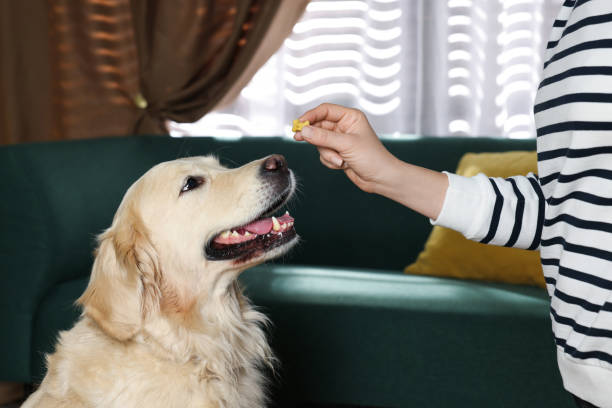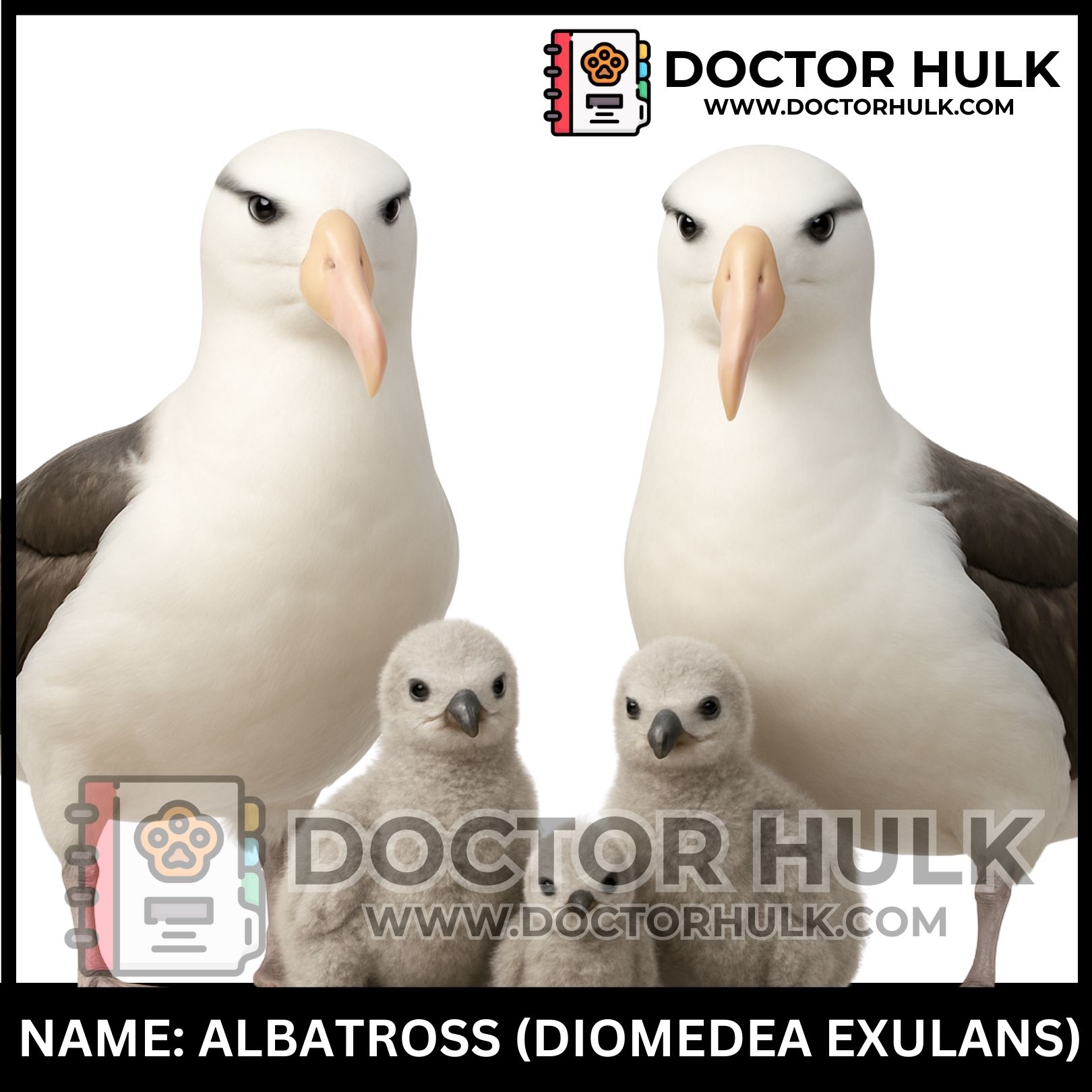Deworming is super important for your dog’s health because worms can make dogs very sick, reduce their energy, affect growth, and some kinds can spread to people. Doing regular deworming helps your dog stay strong, active, and keeps your whole family safer.
Types of worms that affect dogs in Nigeria
Here are the most common worms you need to watch out for:
- Roundworms: very common in puppies. They can cause diarrhea, vomiting, and a bloated belly. They can also infect humans (zoonotic).
- Hookworms: these attach to your dog’s intestines and suck blood, which can make your dog weak, anemic, or tired. Dogs pick them up from contaminated soil or feces.
- Tapeworms: dogs can get them from eating fleas or raw meat. They often cause weight loss or digestive issues.
- Whipworms: these live in the large intestine and cause long-lasting diarrhea, weight loss, and sometimes bloody stools.
- Heartworms: spread by mosquito bites; they lodge in the heart and lungs, and can be life-threatening.
Ascarids (roundworms) and ancylostomatids (hookworms) are among the most globally significant parasites in dogs, impacting both animal and human health.
When to deworm your dog (recommended Schedule)
Here’s a generalized schedule you can discuss with your vet:
| Age / Stage | Deworming Frequency |
|---|---|
| From 2 weeks old (puppies) | Begin deworming; continue regularly in early life |
| Until ~12 weeks | Every 2–3 weeks or as vet advises (puppy stage) |
| From 3 to 6 months | Monthly deworming |
| After 6 months / Adult dogs | Every 3 months (i.e. four times a year) or more often if risk is high |
Veterinary and parasite control guidelines suggest that puppies should be dewormed at 2, 4, 6, and 8 weeks of age, then monthly until around 6–8 months.
For adult dogs, a maintenance protocol of deworming every 3 to 6 months is common, though more frequent deworming may be needed depending on environment and exposure.
Note: This schedule is a general guide. Your vet may adjust based on your dog’s health, environment, and test results.
How to deworm your dog (methods & options)
You and your vet can choose among these common delivery methods:
- Oral dewormers: tablets, chewables, or liquids.

Image showing a pet owner giving a pill (source: iStock)
- Injectable dewormers: given by a vet, usually when the worm burden is heavy or when oral treatment is not practical.

Image showing a Veterinary Doctor administering injection to a calm dog (source: shutterstock)
- Topical dewormers: applied to the skin; often these also help with external parasites (fleas) which can transmit certain worms (e.g. tapeworm via fleas). Always follow dosing instructions carefully, the right dose depends on your dog’s weight, age, and health.
Signs that your dog might have worms
Here are warning signs that a dog may be infected:
- A swollen or bloated belly
- Diarrhea (sometimes with blood)
- Weight loss despite good appetite
- Seeing worms in stool or vomit
- Dragging their rear on the ground (“scooting”)
- Pale gums or weakness (in heavy infestations)
If you notice any of these, see a vet and bring a fresh stool sample if you can.
How to prevent worms
Prevention helps reduce how often you need to treat:
- Stick to the deworming schedule your vet recommends
- Always pick up and properly dispose of your dog’s feces
- Wash or disinfect bedding, kennels, and areas where your dog spends time
- Control fleas, since fleas can carry tapeworm segments
- Don’t feed raw or undercooked meat or fish
- Avoid letting your dog roam unsupervised in dirty or flood-prone areas
Deworming is essential for your dog’s health and for the health of your family. If you follow a proper schedule, watching for signs, and keeping preventive measures in place, you can keep worms under control.
If you need up figuring out the best deworming schedule or choosing a safe dewormer for your dog, you can reach out to us at Doctor Hulk Veterinary Hospital through 08143397614. We can guide you and set up a personalized deworming plan.








